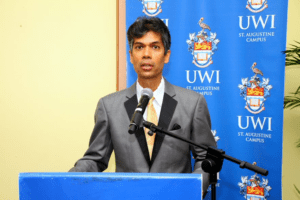
MALCOLM Nurse adopted the alias of George Padmore in 1927.
George Padmore was born in 1903 in the rural village of Arouca but his childhood and teenage years were spent in a middle-class suburb in Trinidad’s capital of Port of Spain.
He attended the prestigious St Mary’s College of the Immaculate Conception (CIC) in Port of Spain. At the age of 19 years he briefly served as a reporter for the Trinidad Guardian. Due to frequent arguments with the newspaper’s editor, Padmore resigned and in 1924 departed for the United States.
He was interested in pursuing a career in medicine and later law and attended Fisk University, the University of New York and Howard University. During a visit of the British Ambassador to Howard University, Padmore embarrassed the dignitary by publicly protesting against the suffering of Africa under British rule. The young Trinidadian was expelled but it marked a watershed as Padmore had begun a life of a fearless and militant revolutionary.
Whilst working among Blacks in Harlem, Padmore edited a newspaper- Negro Champion (later known as the Liberator). He decided to join the Communist Party in 1927 and began contributing articles to the Daily Worker in New York. Furthermore, he worked with the Communist Party’s American Negro Labour Congress.
In 1929 Padmore decided to migrate to Moscow in the Soviet Union and began lecturing on trade union activities of Blacks in the United States. During 1930-1935, Padmore is credited for the global organization of the Black working class.
Padmore was appointed head of the International Trade Union Committee of Negro Workers (ITUC-NW) which was the arm of the Red International of Labour Unions (RILU) or Profintern. In June 1930, the ITUC-NW began publishing the Negro Worker which Padmore edited. This newspaper was read by thousands of Blacks in North America, Europe and the Caribbean.
Ideological differences led to Padmore’s disillusionment with Communism and the decision to relocate to Hamburg, Germany. In 1935, Padmore moved to London, England, reunited with his childhood friend and fellow Trinidadian, CLR James. Padmore continued a career as a journalist and published articles in working class and Black publications as the Crisis and Chicago Defender, Baltimore Afro-American, the Clarion, the Vanguard and the People. Issues addressed included self-government, racism, imperialism and trade unionism.
Padmore’s role as a voice for the oppressed and exploited working class is evident in his books and pamphlets- The Life and Struggles of Negro Toilers, How Britain Rules Africa and Africa and World Peace.

Whilst in London among his friends were Eric Williams (who later became the first Prime Minister of Trinidad and Tobago), Paul Robeson, Amy Garvey (wife of Marcus Garvey), and Jomo Kenyatta.
Padmore’s phenomenal organizational ability resurfaced after the Italian invasion of Ethiopia in 1935. Padmore assisted James who formed the International African Friends of Ethiopia. This anti-imperialist group was later transformed in March 1937 to the International African service Bureau (IASB) by Padmore who served as Chairman. Marcus Garvey, the Jamaican Pan-Africanist, residing in the United States was an influential leader whose Negro world was widely read by millions of Blacks. However, Garvey’s failure to support the striking workers in Trinidad during the strikes of June 1937 in Trinidad resulted in harsh criticisms from James and Padmore at Hyde Park in London.
By 1944, the IASB had been dissolved and Padmore along with other Pan-Africanist formed the Pan-African Federation (PAF) in England. Among Padmore’s illustrious friends was W.E.B DuBois of the NAACP in the United States. In 1945, Padmore writing from the headquarters of PAF, invited DuBois to send a representative to the historic Fifth Pan-African Congress which was to be held in Manchester, England. Furthermore, he informed DuBois of the trade union activities in the British West Indies and the support given to the Jamaican strike in 1946.
In June 1945 Padmore assisted in organising the All-Colonial People’s Conference held in London, England. He also maintained regular contact with the West African Student’s Union (WASU).
Interestingly, though Padmore was a staunch Pan-Africanist and pro-Black, his work embraced other ethnic groups. By 1946, Padmore was instrumental in establishing the London-based “Asiatic African Unity Committee” comprising Indians and Africans with the intention of building a united front against imperialism. Furthermore, he had a close fraternal relationship with Pandit Jawaharlal Nehru of India, the external department of the National Congress and the All-India Student’s Congress.
Dr Jerome Teelucksingh is an activist. He initiated the inaugural observances of International Day for the Elimination of Violence Against Men and Boys (January 31) and World Day of the Boy Child (May 16). He has made academic presentations at tertiary institutions including Harvard University and Oxford University.
See other articles by Dr Jerome Teelucksingh on AZP News:
Nobody Cares about Underachievement
Can we Eradicate Underachievement?
A Quiet Pandemic: Male Underachievement
The Blackest Thing in Slavery wasn’t Slaves
The Importance of Emancipation Day
Tobago’s Working Class in the 1920s, 1930s
Are Humble Caring Fathers Champions?
Influencing West Indian Masculinity
Defining Caribbean Masculinity
Is Monogamy Encouraged in the Caribbean
Naps Girls: From Humble Beginnings to Excellence
US Media Creates Cultural Dependency in the Caribbean
Bloodless Revolution to Save Lives in Developing Countries
The Need for a Social and Moral Revolution
The Law of Supply and Demand in Developing Countries
End the Dependency for Developing Countries
T&T Carnival and the Emperor’s New Clothes
The Influence of Labour on Caribbean Integration
The illusion of political Unity
Presbyterians in Trinidad: Humble Missionaries, Local Workers
Religious Plurality: Curse or Blessing
Caribbean Youth Need Optimism, Patriotism
Rethinking Identities in Caribbean, Latin America
November 19: All Inclusive International Men’s Day
Should International Agencies be Blamed for Unemployment
A Need to Observe Word Unemployment Day
An Ideology for the Trade Union Movement
The Man who Couldn’t be Prime Minister
Social Outburst vs Social Revolution
Challenges of the Men’s Movement
If George Floyd was Denied Parole
The Meaning of Indian Arrival Day in T&T
International Men’s Day – A Way of Life
Wounds that cause school violence
May Day: A Time for Solidarity, Strength
Who Coined the Term ‘Black Power’
The illusion of political Unity
Presbyterians in Trinidad: Humble Missionaries, Local Workers
Religious Plurality: Curse or Blessing
Caribbean Youth Need Optimism, Patriotism
Rethinking Identities in Caribbean, Latin America
November 19: All Inclusive International Men’s Day
Should International Agencies be Blamed for Unemployment
A Need to Observe Word Unemployment Day
An Ideology for the Trade Union Movement
The Man who Couldn’t be Prime Minister
Social Outburst vs Social Revolution
Challenges of the Men’s Movement
If George Floyd was Denied Parole
The Meaning of Indian Arrival Day in T&T
International Men’s Day – A Way of Life
Wounds that cause school violence
May Day: A Time for Solidarity, Strength
Who Coined the Term ‘Black Power’
![]()


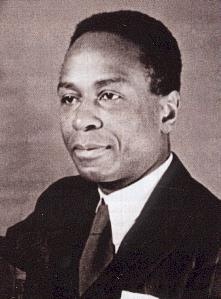
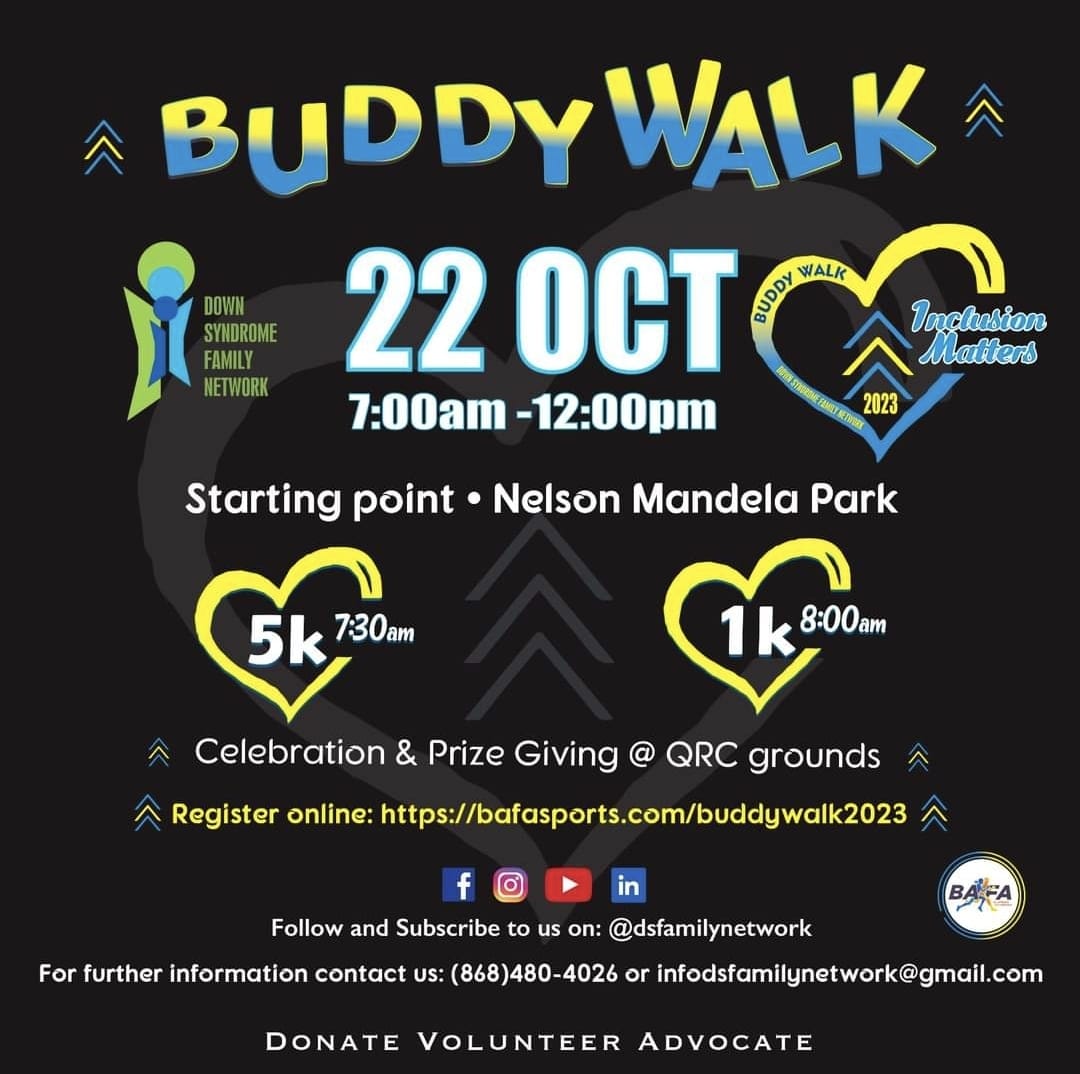





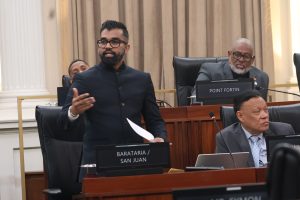
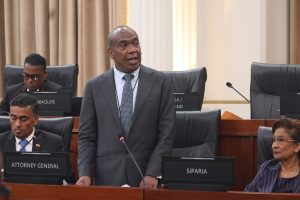
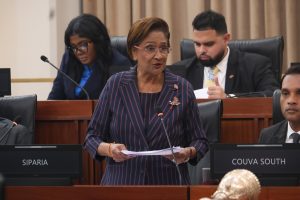
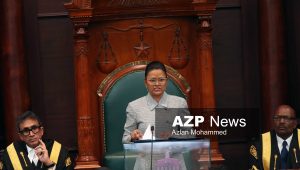
Duane Winchester
October 8, 2023I never heard of him before. Thanks for this information.